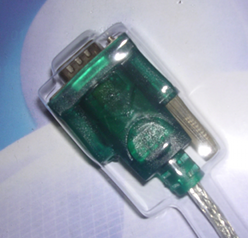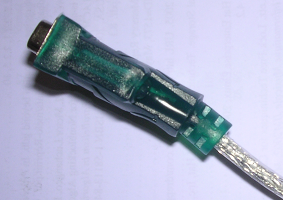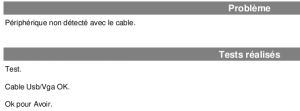So, I decided to raise the topic of our New Maintainer process again. To summarize it, our process is the following:
- Applicant applies, and get advocated by an existing DD. (Takes a few days at most)
- An Application Manager is assigned to the applicant. Due to the shortage of people willing to help as Application Managers, it often takes several months to get an AM assigned.
- The Application Manager asks more than 50 questions to the applicant. The questions cover legal stuff, and more technical stuff about packaging and Debian procedures. For the curious, the templates that almost all Application Managers follow are available in the nm SVN repository (see nm_pp*.txt and nm_ts*.txt). Answering all the questions often takes several months, because after each set of questions, the applicant might have to wait for his AM to find the time to review his answers.
- After all the questions have been properly answered, the AM writes a report (about 1 hour of boring work), that is sent to the NM Front Desk.
- A member of the NM Front Desk reads the report, and ask additional questions or pass the report to the Debian Account Managers. This step used to take a very long time, but the situation has improved with the addition of new FD members.
- A member of the DAM read the report, and decides to allow the applicant to become a DD, or reject the applicant. This step still takes several months.
This process has two flaws:
- It doesn’t help to produce an OS: Debian is not about educating people, it is about producing an operating system. The process of asking questions doesn’t produce anything useful for Debian.
- It is long and boring, even for good candidates. Many people drop out of the process simply because they get too frustrated of waiting for their AM, FD or DAM. A DD once told me that when people get out of NM and become DD, most of their Debian life has already passed. This is quite true.
So, I proposed to change the process, to something a lot simpler:
When someone wants to become a DD, he seeks advocates amongst the current DDs. Each advocate writes a recommendation email stating under which conditions he worked with the applicant, and why he thinks the applicant should be made DD.
After a sufficient number of advocates have been found (5, for example), the applicant goes through a shorter NM process, only answering 5 or 10 questions, chosen amongst the 50+ from the templates.
Everything is then forwarded to DAM, who takes the final decision.
This proposal received strong opposition. Apparently, people feel that all (or most of) the questions are really necessary, and that relying on the judgement of random other DDs would lower the quality of Debian. Other people consider that it is not a problem if the NM process is taking more than a year for most applicants (even for very good applicants).
I personnally think that we should judge applicants on the skills that will matter when they will be DDs: social skills, technical skills (based on real work, not on their ability to understand documentation), and the consequence of both, the ability to ask for help when there’s something they don’t know. The current NM process mostly measures their ability to use google to search through existing documentation. My proposal didn’t make the process easier, it only made it shorter and less boring: finding 5 advocates is going to be very difficult, because the applicant will have to convince 5 different DDs to say: “I think that X is ready to be a DD now.”
Also, Debian is not the only project trying to recruit new developers, and we are clearly one of the less appealing currently. By not being more open to new contributors (by more open, I mean: shorter and less boring process, not process requiring less skills), we shoot ourselves in the foot. In the end, we reduce the relevance of Debian.
It is quite clear based on the discussion that we won’t get rid of the 50+ questions anytime soon. However, the suggestion to merge FD and DAM (one way or another) emerged from the discussion, which might help with the bottleneck at the end of the process. That would already be a good thing.
Finally, the discussions about the NM process are always interesting, because lots of people have lots of things to say about it, despite never having been an AM. So, to help reading the discussion, here is the full list of Application Managers who had at least one NM that became a DD over the last two years (yes, there are only 41 DDs in that case):
| Andreas Barth |
Mohammed Adnène Trojette |
Ana Beatriz Guerrero López |
Anibal Monsalve Salazar |
| Alexander Sack |
Bas Zoetekouw |
Ben Hutchings |
Bernhard R. Link |
| Bruno Barrera |
Bernd Zeimetz |
Don Armstrong |
Enrico Zini |
| Felipe Augusto van de Wiel |
Alexander Wirt |
Francois Marier |
Gunnar Wolf |
| Marc Brockschmidt |
Simon Huggins |
Joerg Jaspert |
Kari Pahula |
| Cyril Brulebois |
Kurt Roeckx |
Lucas Nussbaum |
Luk Claes |
| Pierre Habouzit |
Martin Wuertele |
Martin Meredith |
Michael Koch |
| Christoph Berg |
Jonathan McDowell |
Paul Wise |
Riku Voipio |
| Santiago Ruano Rincón |
Patrick Schoenfeld |
Reinhard Tartler |
Martin Michlmayr |
| Thijs Kinkhorst |
Thomas Viehmann |
Steffen Joeris |
Wouter Verhelst |
| Martin Zobel-Helas |


